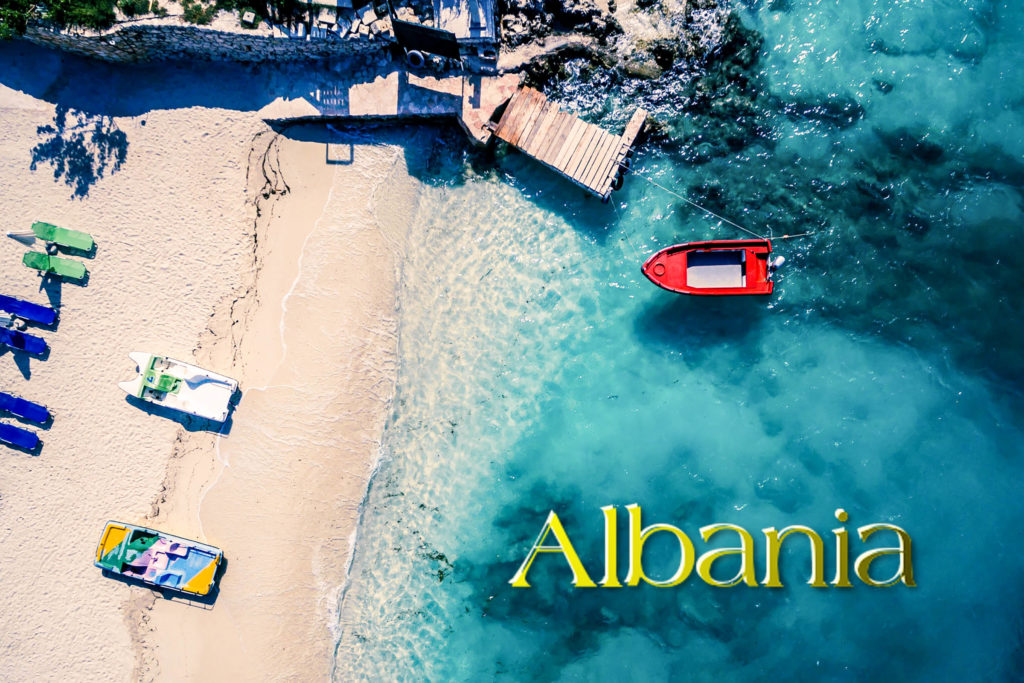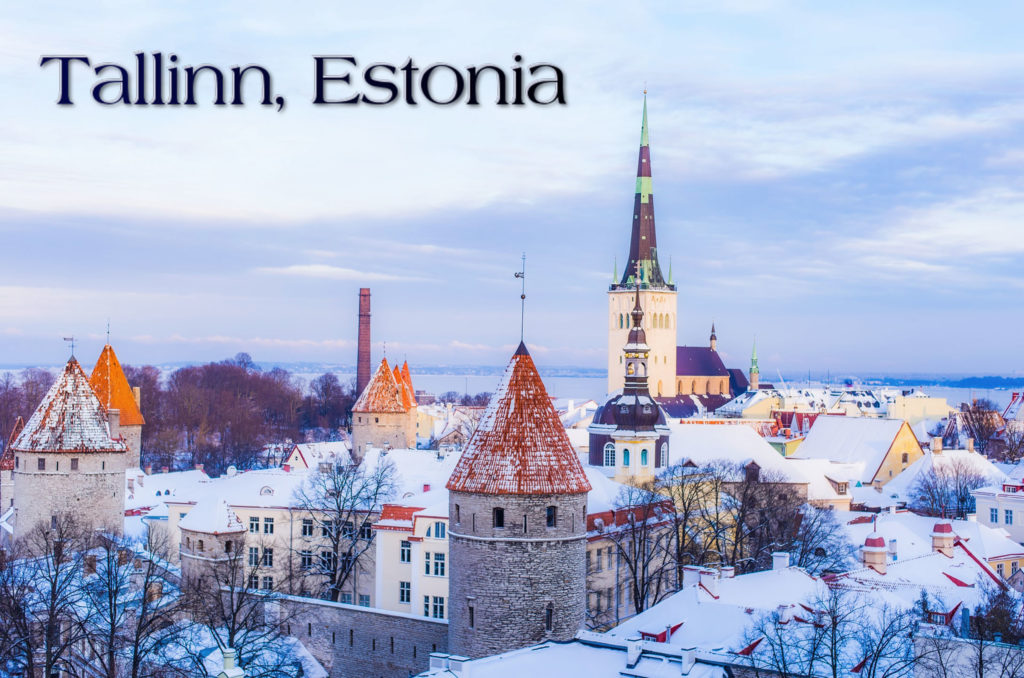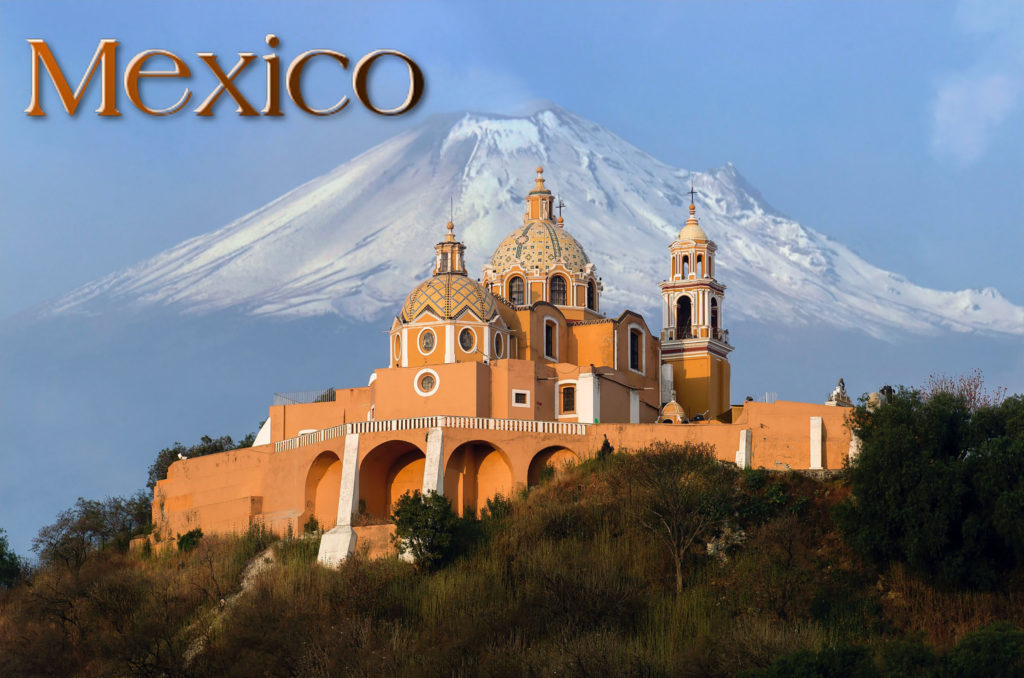Where Can Americans Work Remotely During Coronavirus
The COVID-19 pandemic has brought about a lot of change to most everyone’s lives. Hand-washing and wearing of masks have become second nature for many in their daily routines. It is estimated that 17.6 million unemployed Americans probably won’t return to their pre-pandemic jobs. That number represents about 1 in 10 who recently lost employment. Still, that may spell good news for American digital nomads. So where can Americans work remotely during Coronavirus?
For the fortunate ones, many who kept their jobs have been allowed to work remotely. Many workers want to keep it that way. In fact, more than 43% of full-time American employees expressed a desire to work remotely even after the economy reopens. That’s according to a survey by getAbstract. That’s exactly what several countries are hoping as a mechanism to kick-start their own economic recoveries. Working remotely from paradise sounds fun no? Remote workers do not have to be nomads, they simply are working from a location that’s not at their employer’s provided office. So, if you could choose a remote location for your home and office, where would you choose? What countries are offering Americans a chance to live and work (remotely) within their borders? That’s the heart of this post.
Breaking It Down:
Eight Great Destinations for Americans to Work Remotely
In this post, I’ll share with you the 8 destinations that are the top contenders for American remote workers willing to relocate. These destinations provide an easy way to get a visa, allowing one to stay for up to a year and taxes are not an issue. In fact, several destinations allow for reapplication, so the adventure doesn’t have to end after twelve months.
Advantages of Working as an American Digital Nomad
Currently, for many workers, working remotely is not a luxury, but rather, a necessity for employment. The US government has placed much of the federal workforce into remote working from home. This includes the Internal Revenue (IRS), the Social Security Administration and more. According to the U.S. Bureau of Labor Statistics, less than 8% of American workers previously worked remotely. That number today is closer to 65% by many estimates.
Another advantage of working remotely is no commute time! With the average commute time of at least thirty minutes each way, remote workers can save at least 250 hours of personal time annually! Not to mention the absence of commute stress.
Walking from the breakfast table to a desk in another room located in your place sounds like a very appealing commute. Now, picture that desk is on an island or some other great destination. This is the appealing fantasy of working remotely wherever you choose.
Opportunities for Americans Abroad
More and more countries are catching onto setting up digital nomad programs to get their economies up and running sooner rather than later. Several nations offer programs to lure adventurous travelers who desire to relocate. These countries see the prospect of longer-term visitors bringing economic paybacks with fewer COVID-19 risks. Most have suffered from the loss of tourism dollars, especially true in the Caribbean.
Here are the nations luring and welcoming American remote workers with open arms (and longer visas):
Albania

Imagine Long Lunch Breaks on the Shores of Albania
Albania lies just north of Greece, south of Montenegro on the coasts of the Adriatic and Ionian Seas. The Ionian Sea leads directly to the Mediterranean Sea. The country, population just below 3 million has no mandatory testing on arrival, no negative-PCR tests required, and no quarantines for arrivals from certain countries.
Americans can get a one year tourist visa to stay and work in Albania. Thus, this eliminates the need like many other countries for Americans to get a special visa.
Barbados

Enjoy Life as a Digital Nomad in Barbados
Barbados is more dependent on tourism than almost any other nation globally. In response to the devastation to the tourist economy, Barbados Prime Minister Mia Amor Mottley announced that the Caribbean island nation has developed a “12-month Barbados Welcome Stamp.” This (special visa) allows international visitors to stay for up to a year and work remotely.
Applicants for the ‘Welcome Stamp’ are required to certify an annual income of at least $50,000 or have some means to support themselves during their stay in Barbados. The ‘Welcome Stamp’ also comes with an application fee of $2,000 for an individual and $3,000 for a family.
Applicants should be aware that prior to arriving in Barbados—whether for working remotely or just a vacation—they are required to follow the nation’s strict travel protocols that mandate COVID-19 testing or a quarantine.
Bermuda

Bermuda is famous for its pink sand beaches, found along the island’s southern shore.
Following the example set by Barbados, Bermuda recently introduced their “One Year Residential Certification” program which launched in August. The program will allow foreign travelers to exist as remote workers, living on the island’s legendary pink sandy beaches for up to twelve months.
Bermuda’s application fee is much cheaper than Barbados’. The Residential Certification has a cost of $263. All applicants are expected to provide certification of employment with a business or their own overseas company. Exceptions are provided for students who are enrolled in an undergraduate, graduate, doctorate or research program. In addition, those applicants who can prove they have other means of self-support without employment in Bermuda may be permitted.
Applicants need to check with on the strict COVID rules Bermuda has in place for travelers. Visitors are required to have testing before arrival as well as upon landing. The Bermuda government also requires testing at regular intervals during foreigners’ stays. Bermuda also mandates online reporting of temperatures daily.
Czech Republic

Enjoy your summer days on the Vltava
The Czech Republic’s zivno visa program has been around for several years. Perhaps now is the time for American remote workers to take a closer look. The Zivno visa is not the actual name of a long-term visa for the Czech Republic, based on a Trade License (Zivno), also referred to as a Business visa, Freelance visa, Self-employed visa, Zivnostensky visa or (Ew) Z-list visa. All of these names refer to a visa based on persons working as a freelancer or self-employed. Designed for long-term stays, the visa is targeted at freelancers and applicants who can work remotely while living in the country.
Applicants who would like to apply will need to get in contact with the consulate based in the US. They’ll also need to fill out an application and provide proof of income, travel medical insurance, and accommodations. Applying inside the Czech Republic is not possible. However, there’s an exception for some nationalities. Some citizens (i.e. Americans, Australians, Canadians, Mexicans, etc.) may apply for the zivno visa through any Czech Embassy in the world – as long as the Embassy accepts visa applications.
Estonia

In recent years, Estonia emerged as a favorite among a large group of digital nomads. The big draws for the nation are a much lower cost of living than the United States. Shopping smartly can result in monthly costs around two-thirds of the US averages. Estonia leads Central and Eastern Europe as a nation in attracting foreign direct investment. That makes it a great choice for entrepreneurs as well.
Estonia established their e-residency program in 2014, attracting new residents and business entrepreneurs. Now, Estonia made a new digital nomad visa that allows foreigners to live in the country for a year. Estonia’s Ministry of Economy says the new visa program is focused on freelancers and remote workers.
The director of the Estonian e-Residency program, told The Washington Post: “Estonia aims to be the hub for these kinds of new entrepreneurs that we see trending globally.”
While Estonia doesn’t currently allow US passport holders to enter the country as tourists, foreigners are allowed to enter in order to do work or study after quarantining for 14 days. Using that exception, Americans could take advantage of the digital nomad visa program. To be approved for the visa, applicants must have a monthly income of at least $3,530 from remote work employment.
Georgia

Georgia is by far the most visited country in the South Caucasus region of Europe. It is positioned where Europe ends and Asia begins. The country has four distinct seasons offering hot summers and snowy winters. It is also famous for many vineyards found across the countryside.
On July 16, the former Soviet republic country of Georgia instituted a new “Digital Nomad Visa” to attract persons who could work remotely. According to the Natia Turnava, Georgia’s Minister of Economy, the project is focused on freelancers and self-employed foreigners.
Turnava explained “Georgia has the image of an epidemiologically safe country in the world and we want to use this opportunity. We are talking about opening the border in a way to protect the health of our citizens, but, on the other hand, to bring to Georgia citizens of all countries who can work remotely.”
Turnava emphasized that these long-term visitors are required to enter 14-day quarantine at their own expense. In addition, people accepted under the digital nomad visa must obtain travel insurance valid for six months.
As with Estonia’s program, applicants are required to produce proof of employment for consideration in the program. Once accepted, these digital nomads will be allowed to live in Estonia for twelve months. A benefit to the program is the opportunity to enjoy up to ninety days of travel through the Schengen region of Europe. That means borderless travel among the 26 member nations.
As with Estonia’s current travel restrictions, Americans are technically not allowed into Georgia at this time for tourism, they are allowed if they possess a long-term visa of at least six months (like the digital nomad visa.)
Jamaica

Sun, Sand & Ocean could be your office as a digital nomad in Jamaica
This Caribbean island nation started welcoming US visitors again on July 15. Upon arriving in Jamaica, Americans are given a 30-day visa. In addition to this option, it’s possible for remote workers and freelancers to apply for a six-month stay. All Americans planning travel to Jamaica right now must complete and have approved a Travel Authorization ahead of their arrival. This requires proof of a negative COVID-19 test for high-risk areas. The negative result is required within 10 days of arrival.
Mexico

Mexico offers amazing & varied landscapes for digital nomad – from desserts, to mountains to beaches
The land border between Mexico and the US is closed to non-essential traffic until at least 20 August. However, travelers can fly there without restriction.
Mexico re-opened its air borders to visitors and air travel is resuming. Many of the top resort areas (Cancun, Cabo, Puerto Vallarta, etc.) reopened on June 8. Visitors—including American remote workers —can stay in Mexico, visa-free, for up to six months on a tourist visa. Furthermore, it’s possible for a person granted a Temporary Resident Visa to stay in the country for one year. In addition, that visa may be extended up to three times. Applicants will need to apply for this special visa before the trip’s start and provide proof of qualifying income.
Preparation for American Digital Nomads
If you have made up your mind to pick up and take on the remote worker / digital nomad life, it’s time to prepare!
First, of course is research on which country appeals to you and figuring out how to get there. Our partner, Juicy Miles, can help you with booking an award or paid ticket to your new home.
Gather your required documents and complete your application. Get tested for COVID-19 within the time limits set by your new office location.
Research housing. My recommendation is to first book a month stay at AirbnB. Often, property owners offer a big discount for monthly stays, as much as 60% in many cases! If you use my AirbnB link you’ll get $35 off your first purchase. Once you have accommodations set for your first month, you have a base from which you have time to do more in-depth, first-hand searches once you’re there on the ground.
Make preparations for health insurance that will cover the time of your intended stay. Almost every country requires some form of guarantee that long-term visa applicants have health insurance in case of emergency. Allianz Assistance offers global coverage for travelers.
Evey digital nomad needs a great set of headphones for the trips they will take and video-conferencing – check out our Six Best Headphones of 2020 – Noise Cancelling Not Just for Travel!
The Upshot

Digital Nomads – Live the Life You Love
Many employers have been forced to accept the notion of employees working remotely during this pandemic. For many workers, this presents an opportunity for individual freedom without losing employment. With this freedom, new opportunities have developed. Now, living and working in a distant and more desirable location is a reality. Along with the chance to live and work abroad, digital nomads might also find destinations with much lower COVID-19 exposure.
If you know of any other countries/programs making remote working through an extended visa a possibility, please share in the comments.
Where are you most interested in relocating to embrace as a an American remote worker / digital nomad?
The responses below are not provided or commissioned by the bank advertiser. Responses have not been reviewed, approved or otherwise endorsed by the bank advertiser. It is not the bank advertiser's responsibility to ensure all posts and/or questions are answered.
8 comments
Great synopsis of places to move to for remote working during COVID. In terms of islands where you can move. Here are the advantages and disadvantages of both Bermuda and Barbados. I am a Bermudian living in Barbados so thought I can shed some light on both countries. These are my opinions.
Bermuda advantages: close proximity to US, advanced infrastructure, speed of business is friendly and fast, access to information can be easily found online disadvantages: the high cost of living, there is fall and winter weather the island is not warm all year round, more frequent hurricanes and storms than other islands.
Barbados advantages: relatively inexpensive to live exchange rate works in favor $1US = $2BDS, warm weather all year round, relaxed pace if that’s your objective and less prone to hurricanes if you study history less than other islands disadvantages: access to information is not readily available online, infrastructure is not of the same standard as North America, customer service can be poor, island time is real and it is slow-paced.
Leticia-
Thanks for sharing your quick comparison of these two potential digital nomad destinations.
Great article pointing out places digital nomads can go during COVID! Have you come across the digital nomad application for Georgia? Everything I find just says that it is “coming soon”
Thanks!
Sarah-
Once it’s published I’ll update the article to include that link.
Thanks for reading.
This was really helpful. Thanks for sharing!
Very helpful, thank you!
Is there any official source online where I can see this statement from your article: “Visitors—including American remote workers —can stay in Mexico, visa-free, for up to six months on a tourist visa.”?
I am trying to play it safe and double check before I go.
Thank you!
Elena,
I’m happy to lead you to the right resources for your question regarding long-term (six months stay) in Mexico for tourists and remote workers. Click here for more information.
In addition there is an online form to be completed.
Thanks for adding to the discussion!
Very helpful. I’m also looking for additional information regarding pet protocols or most pet friendly. I would like to bring my cat and dog to one of the Caribbean Islands with me while I work remotely. Do you have other posts?